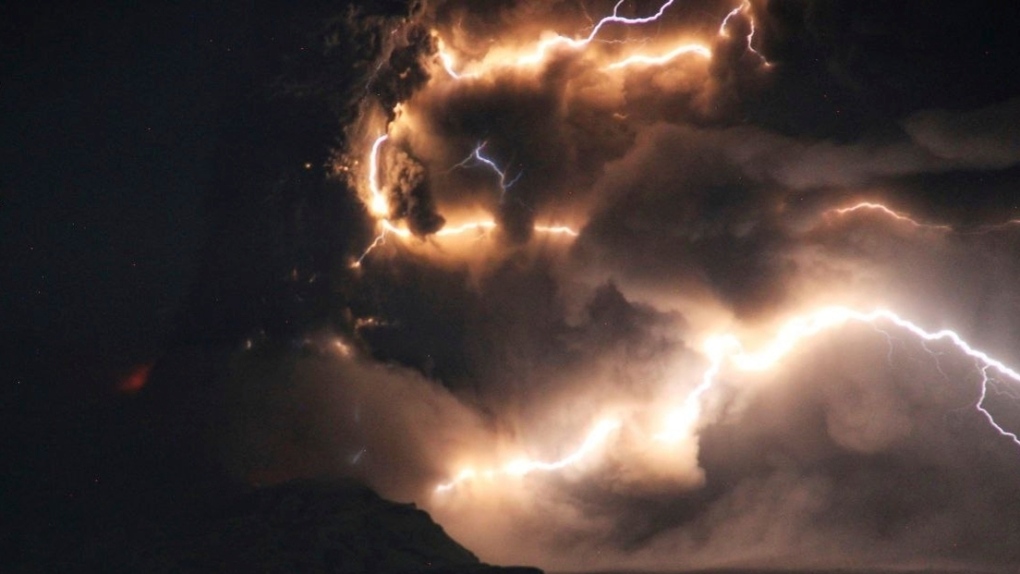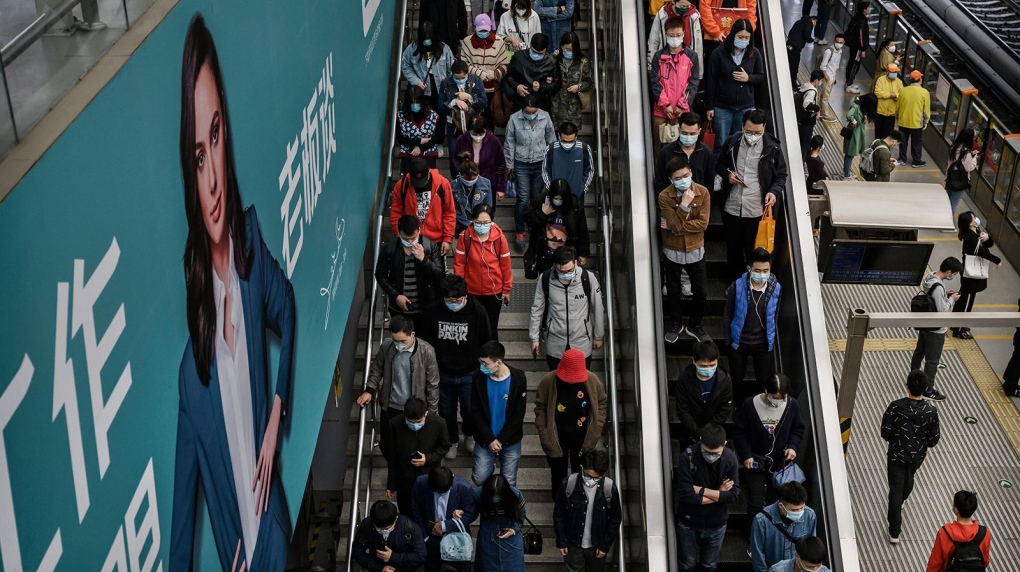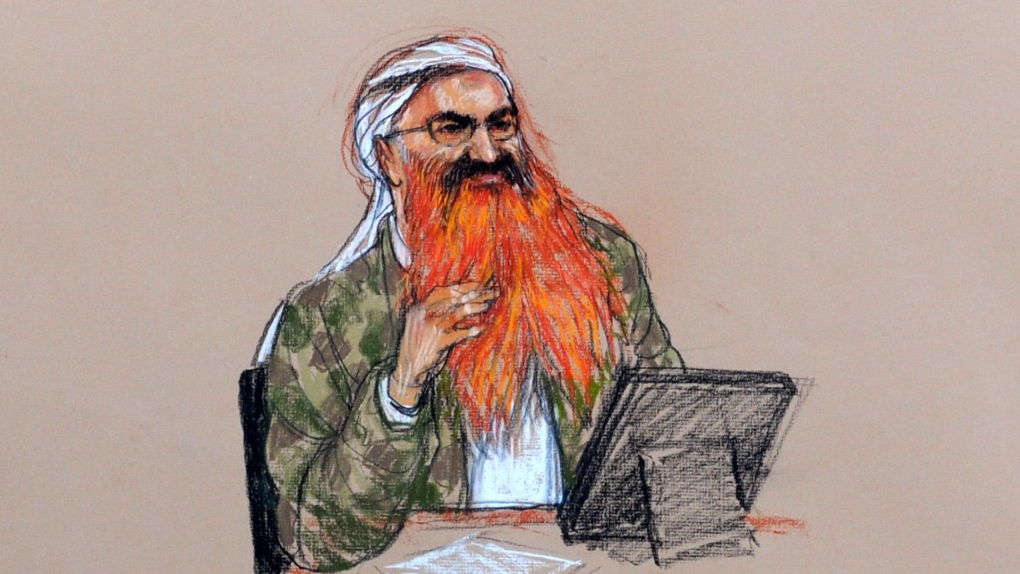Russian President Vladimir Putin made headlines recently when he expressed his willingness to support a potential prisoner exchange involving the late opposition leader Alexei Navalny just before Navalny's untimely passing. These surprising comments came during Putin's first public remarks following the death of his most prominent political rival, during a late-night news conference as the results from a presidential election that would extend his rule were being announced. At the time of the election, early results indicated that Putin was leading with an overwhelming majority of over 87% of the votes in a race that was uncontested due to years of opposition suppression and media censorship.
Despite the controversy surrounding Navalny's death in an Arctic penal colony, discussions about a potential prisoner swap involving Navalny were reportedly ongoing between Russian and Western officials, as revealed by his close associate Maria Pevchikh. Pevchikh claimed that negotiations for a prisoner exchange involving Navalny were in their final stages just days before the unexpected death of the opposition leader. She alleged that Putin may have been motivated to eliminate Navalny to avoid the potential exchange, although she provided no concrete evidence to support her claims.
Putin himself acknowledged that there were discussions about exchanging Navalny for individuals held in Western prisons, stating that he agreed to the idea on the condition that Navalny would not return to Russia. Navalny, who had been serving a 19-year sentence on charges of extremism that he denounced as politically motivated, passed away last month amidst widespread condemnation of his treatment and allegations of Kremlin involvement in his death. With his mother being shown "natural causes" on documents when she sought to retrieve his body, the circumstances surrounding Navalny's death raised further suspicions and criticisms of the Russian government.
Since his arrest in January 2021 upon his return to Moscow from Germany, Navalny had been a vocal critic of the Kremlin, particularly in relation to his poisoning with a nerve agent that he attributed to the Russian government. His supporters, family, and Western officials have accused the Kremlin of orchestrating his poisoning and subsequent imprisonment, which the Kremlin has vehemently denied. Pevchikh also claimed that there were plans to exchange Navalny for two American citizens held in Russia in exchange for Vadim Krasikov, a Russian national serving a life sentence in Germany for a murder carried out in Berlin in 2019.
German authorities asserted that Krasikov had acted under orders from Russian authorities, although details about the potential prisoner exchange remain unconfirmed. As the international community closely follows these developments, questions remain about the fate of the American citizens reportedly involved in the prisoner exchange negotiations, including Wall Street Journal reporter Evan Gershkovich and security executive Paul Whelan.
Both individuals have been detained in Russia on espionage charges, with disputes between the U.S. government and Russian authorities over the validity of the charges. While Putin had previously hinted at the possibility of negotiations concerning Gershkovich, he refrained from disclosing specific details during his recent comments regarding Navalny's death.
The complexities of these potential prisoner exchanges, combined with the broader geopolitical implications, underscore the ongoing tensions between Russia and Western nations, particularly in light of Navalny's passing and the international scrutiny surrounding his incarceration and treatment.









 English (US)
English (US)